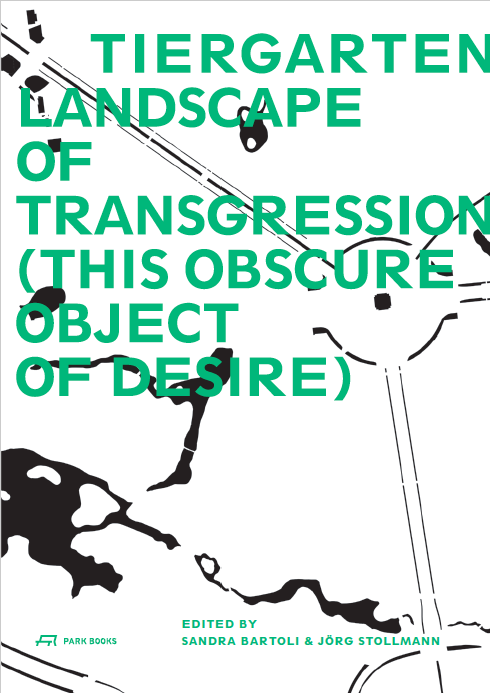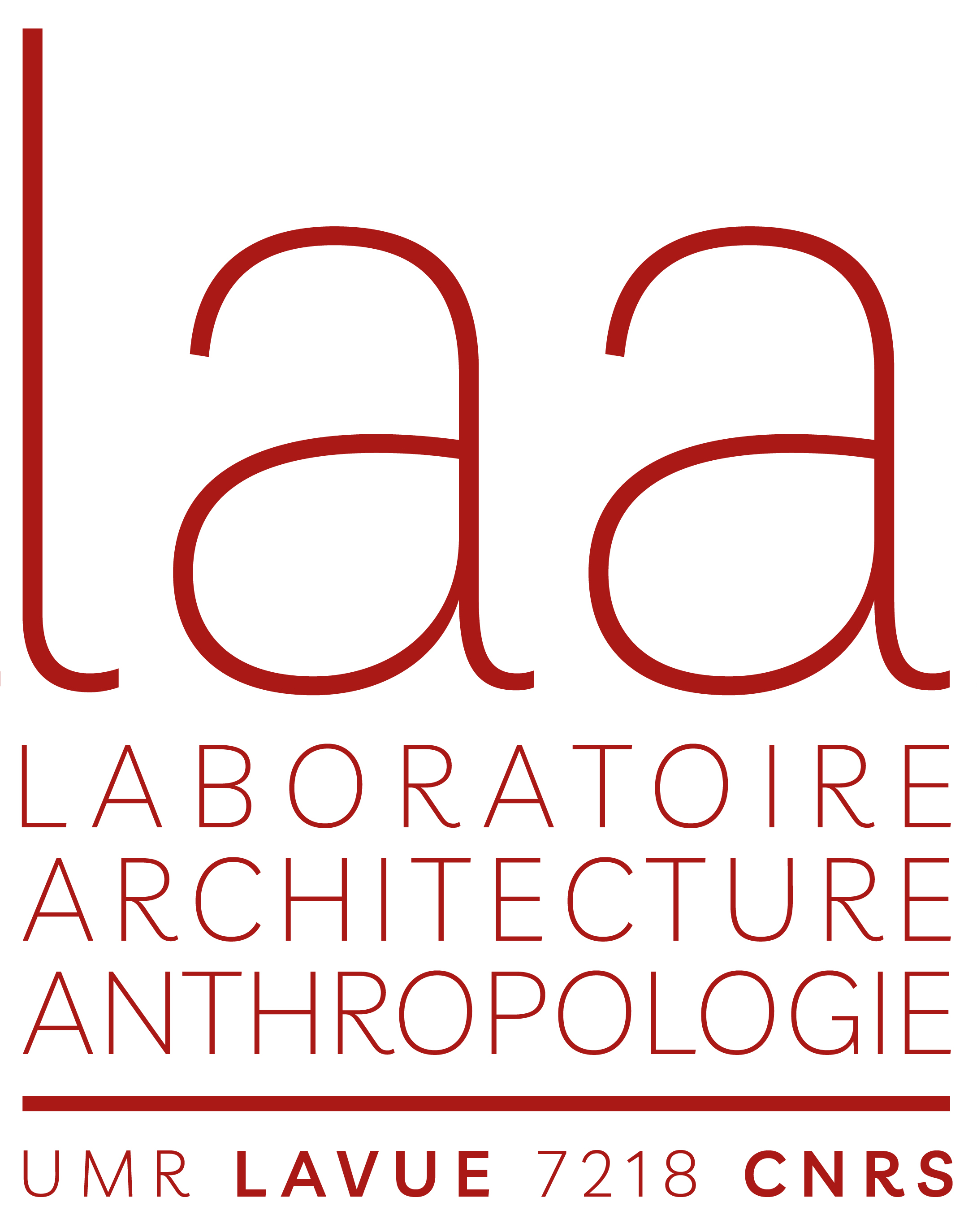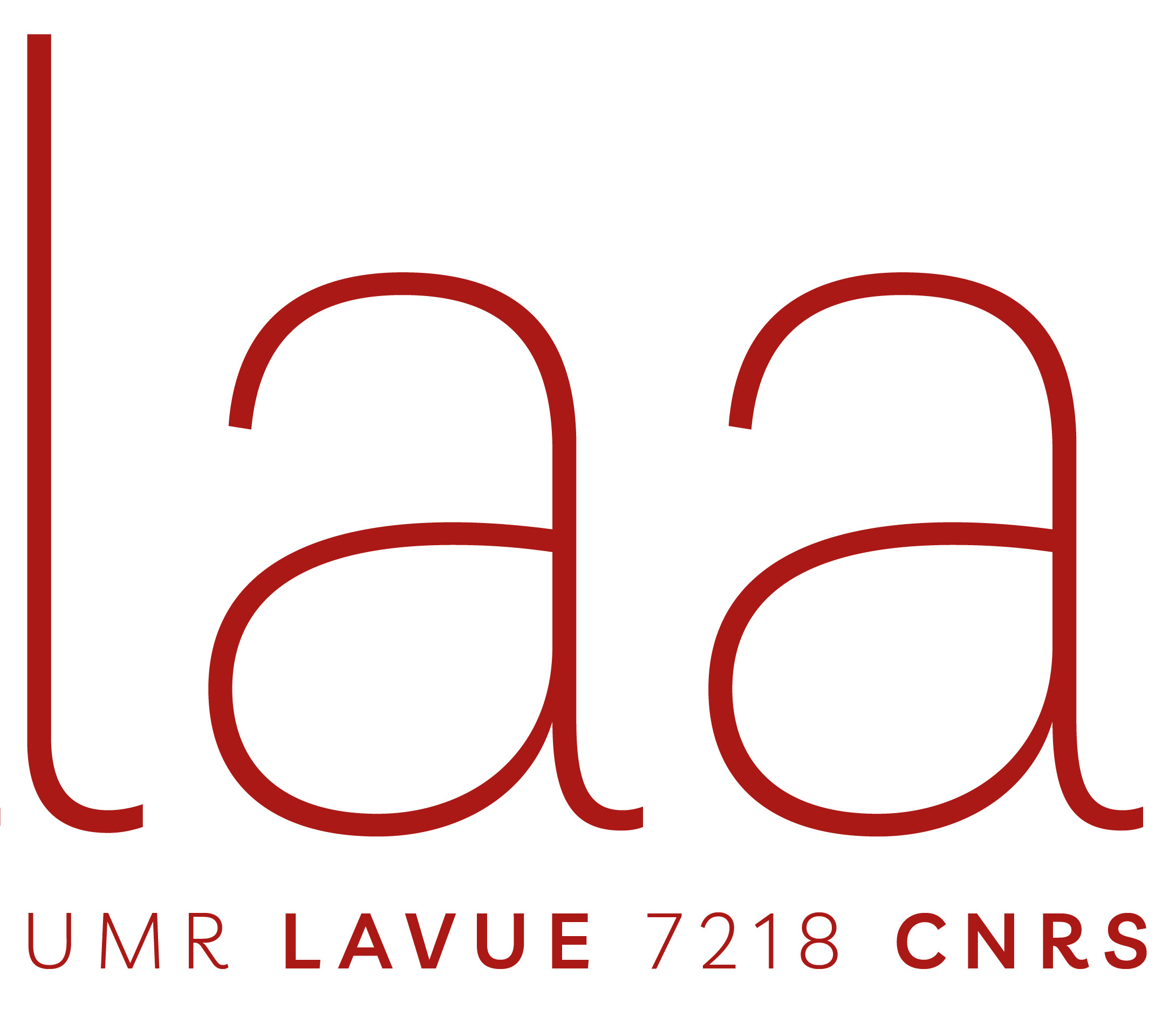
Cet article vise à confronter les résultats d’une série de recherches menées dans le contexte du Grand Paris afin d’interroger la contribution des professionnels du paysage et des aménageurs du long terme à la manière dont les projets urbains sont pensés et représentés. Les recherches dont nous allons nous inspirer ont en commun de considérer le paysage comme un catalyseur pour repenser les temporalités des projets architecturaux et de l’urbanisme. En effet, si la plupart des architectes et des urbanistes pensent leurs projets avec un début et une fin, la dimension cyclique du temps dans l’approche paysagère le rend plus difficile à mesurer, à englober et finalement à contrôler. Notre dialogue interrogera à partir de ce point de départ le statut de la représentation telle qu’elle est vécue par les architectes paysagistes mais aussi par les habitants. Comment les phases traditionnelles de la représentation du projet (avant-projet, projet, chantier) sont-elles affectées par ce déplacement temporel ? Comment changent-elles si l’on appréhende à travers le prisme du paysage la transformation urbaine comme quelque chose qui n’a pas de point de départ mais qui se produit au milieu d’autres projets inscrits chacun dans une temporalité différente ?
The aim of this article is to compare the results of a series of research studies carried out in the context of Greater Paris, in order to examine the contribution of landscape professionals and long-term planners to the way in which urban projects are conceived and represented. The research we will be drawing on has in common that it considers landscape as a catalyst for rethinking the temporalities of architectural projects and urban planning. Indeed, while most architects and urban planners think of their projects with a beginning and an end, the cyclical dimension of time in the landscape approach makes it more difficult to measure, encompass and ultimately control. From this starting point, our dialogue will question the status of representation as experienced by landscape architects and residents alike. How are the traditional phases of project representation (pre-project, project, construction site) affected by this temporal shift ? How do they change if, through the prism of landscape, we view urban transformation as something that has no starting point, but occurs in the midst of other projects, each inscribed

